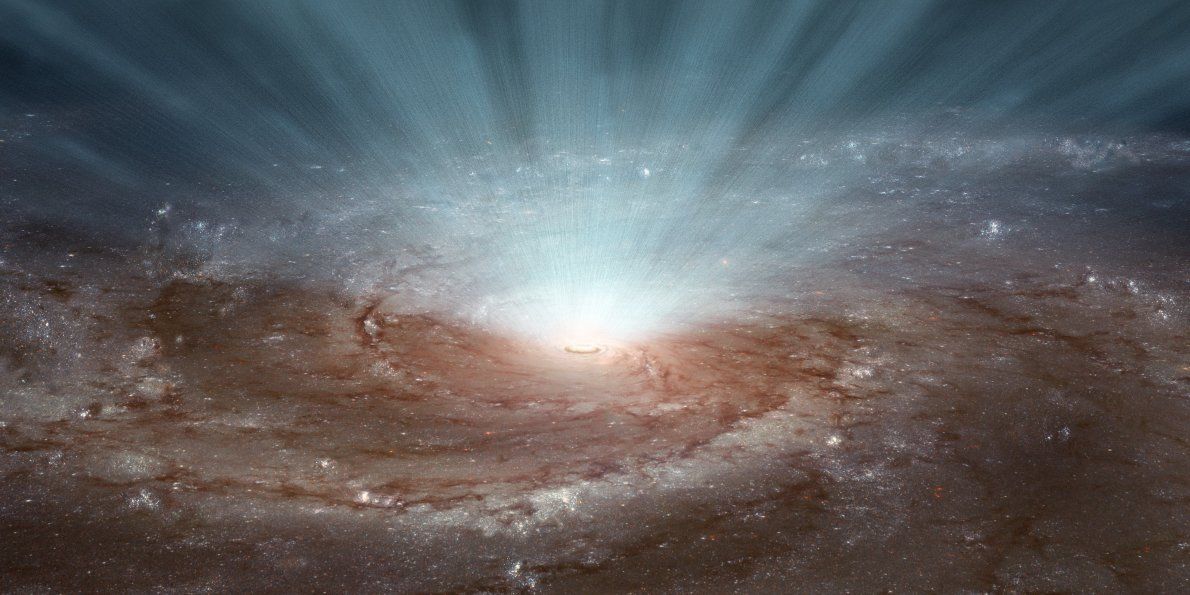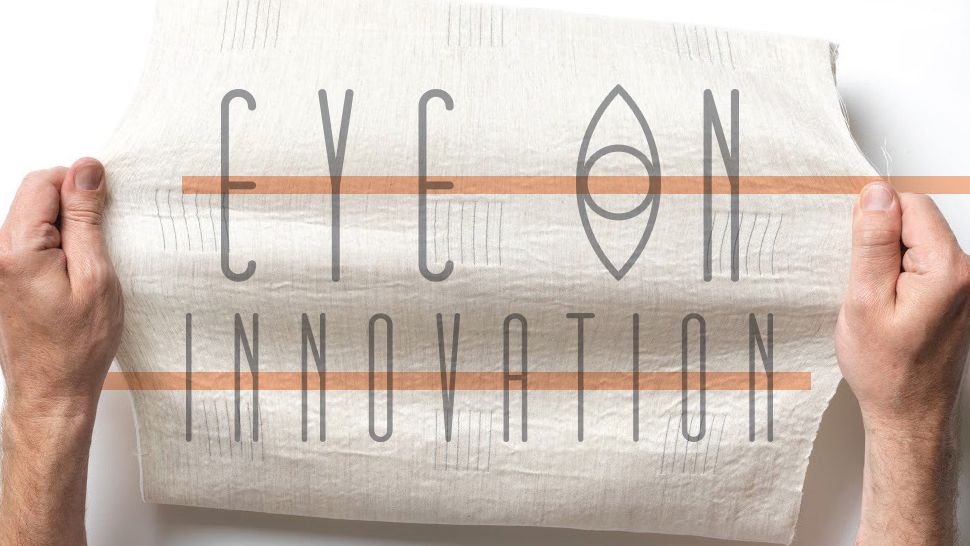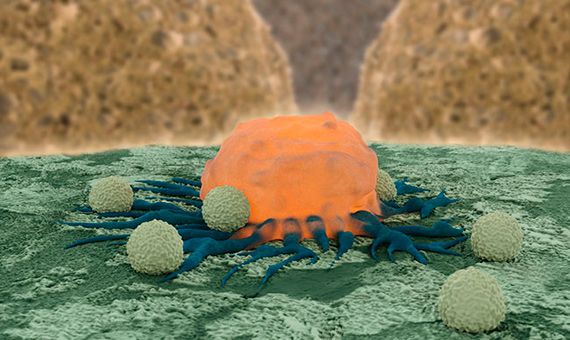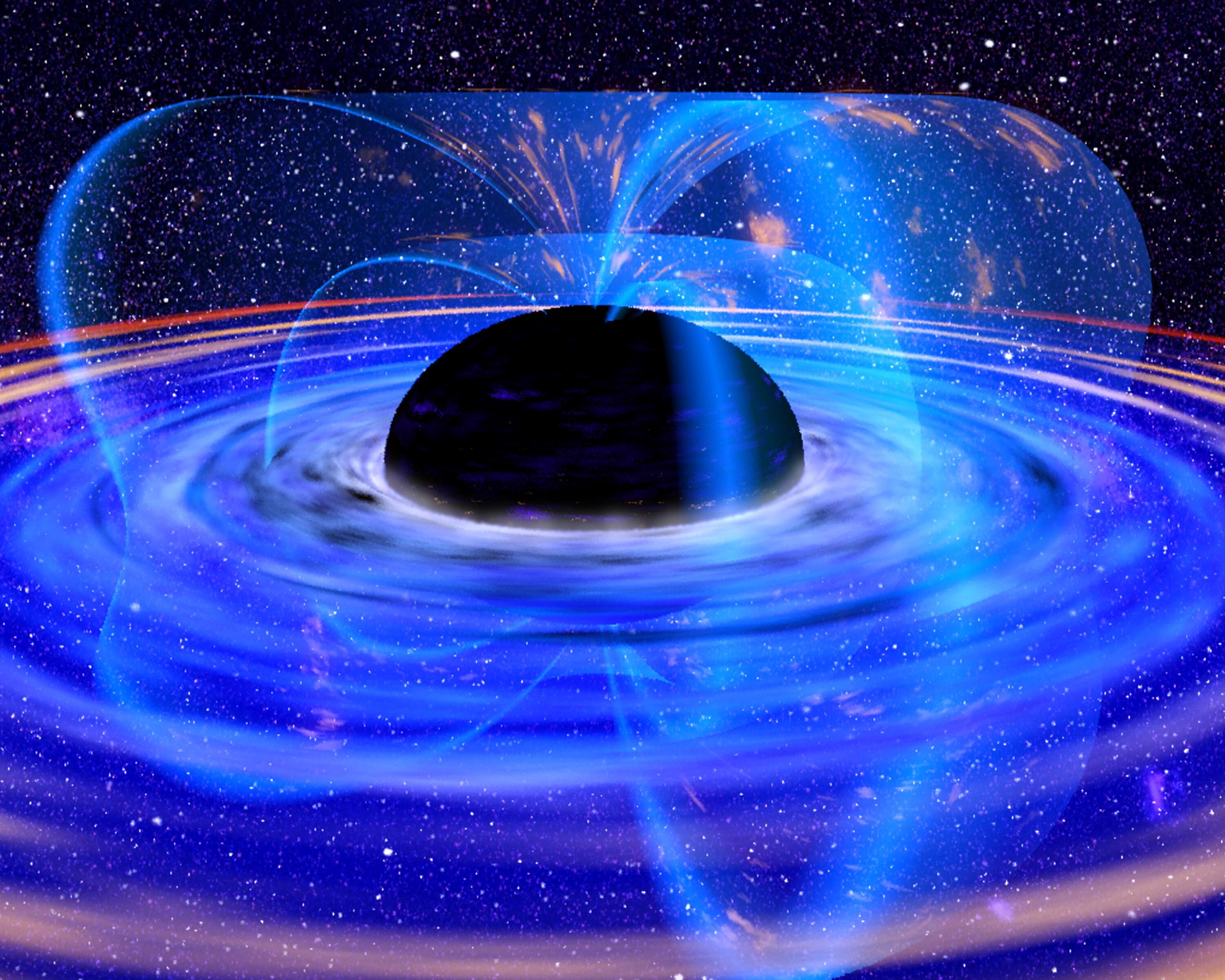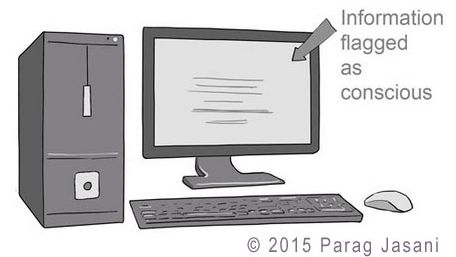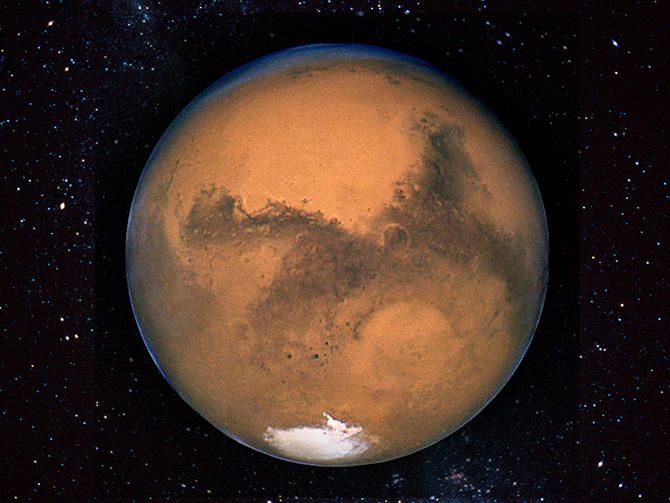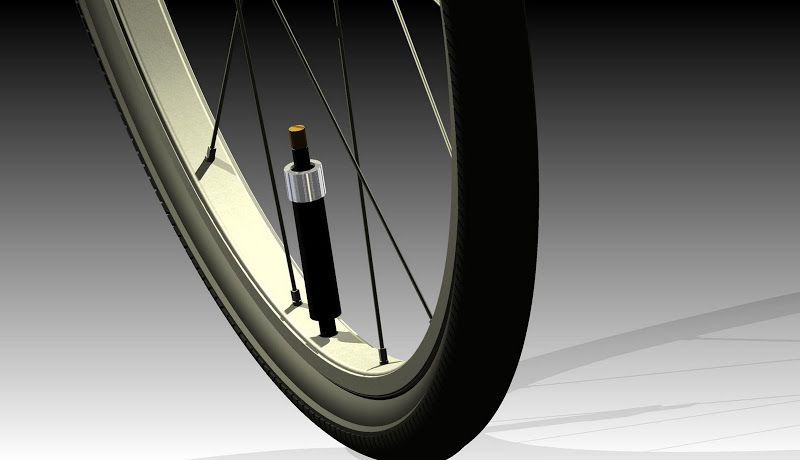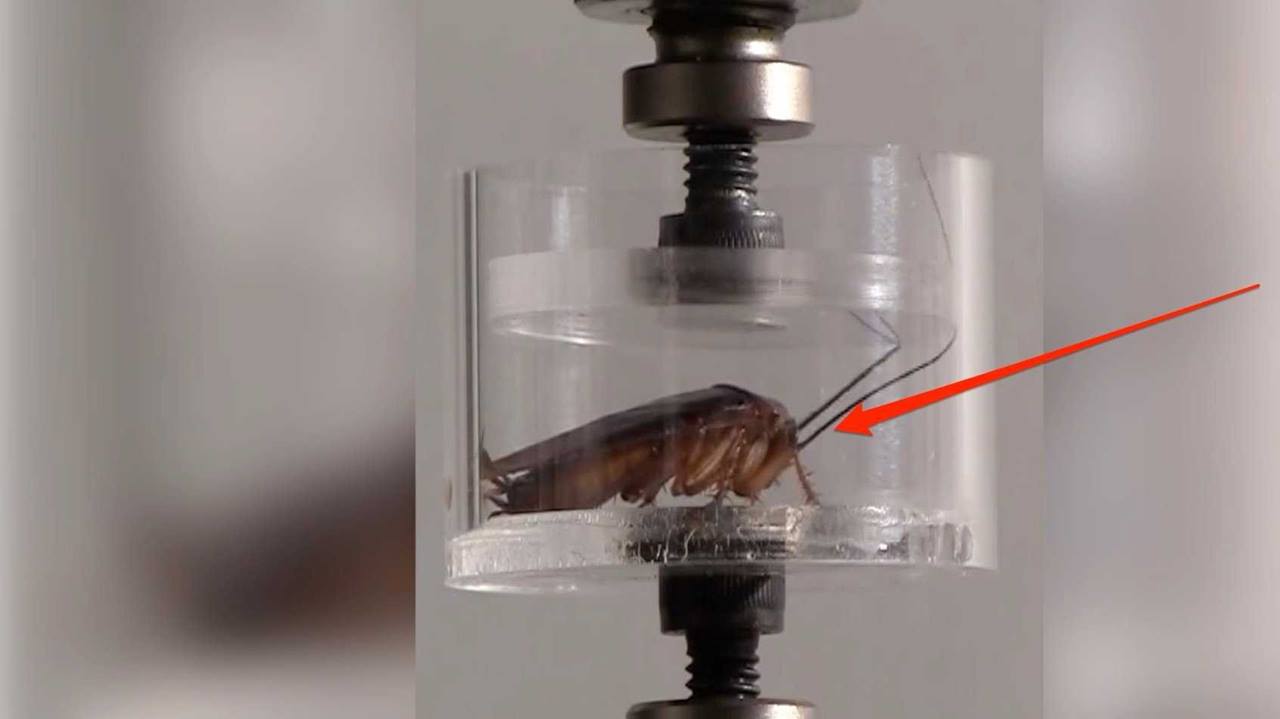Page 11431
Feb 20, 2016
Levi Strauss Leads the Future of Design with Google’s Conductive Textiles Technology
Posted by Klaus Baldauf in categories: futurism, innovation
We talked to Paul Dillinger, Levi’s VP of Global Product Innovation, on how the company is using the future of textile tech with Google’s Project Jacquard.
Feb 20, 2016
Microsoft HoloLens in space: Making science fiction (mixed) reality
Posted by Klaus Baldauf in categories: augmented reality, space
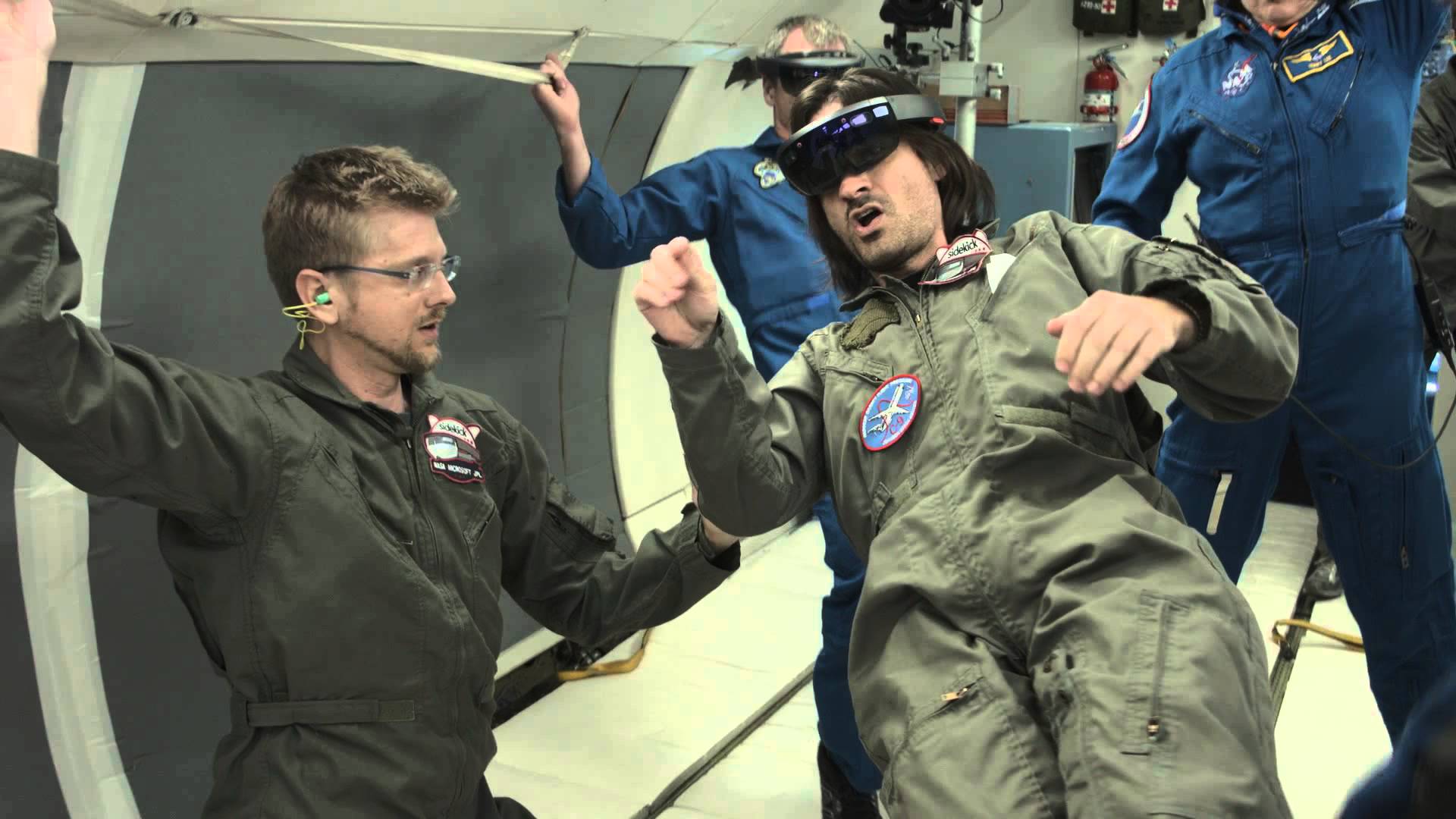
In December, a shuttle resupply mission successfully reached the International Space Station. Among the cargo were two Microsoft HoloLens devices for use as a part of NASA’s Sidekick project. The goal of Sidekick is to enable station crews with assistance when and where they need it. According to NASA, this new capability could reduce crew training requirements and increase the efficiency at which astronauts can work in space.
We were thrilled to see some early pictures today of astronaut Scott Kelly with HoloLens at the International Space Station!
Continue reading “Microsoft HoloLens in space: Making science fiction (mixed) reality” »
Feb 20, 2016
Science’s New Weapons in the Fight against Cancer
Posted by Karen Hurst in categories: biotech/medical, science
Isolating cancer cells is the new option for treating cancer.
We have new weapons to fight cancer, less invasive and smarter, since they use the operating behavior of the cells themselves and the immune system.
Feb 20, 2016
General Relativity Might Be No Match for a Five-Dimensional Black Hole
Posted by Shailesh Prasad in categories: cosmology, information science, physics, singularity
We don’t live in a world that’s pinning the survival of humanity of Matthew McConaughey’s shoulders, but if it turns out the plot of the 2014 film Interstellar is true, then we live in a world with at least five dimensions. And that would mean that a ring-shaped black hole would, as scientists recently demonstrated, “break down” Einstein’s general theory of relativity. (And to think, the man was just coming off a phenomenal week.)
In a study published in Physical Review Letters, researchers from the UK simulated a black hole in a “5-D” universe shaped like a thin ring (which were first posited by theoretical physicists in 2002). In this universe, the black hole would bulge strangely, with stringy connections that become thinner as time passes. Eventually, those strings pinch off like budding bacteria or water drops off a stream and form miniature black holes of their own.
This is wicked weird stuff, but we haven’t even touched on the most bizarre part. A black hole like this leads to what physicists call a “naked singularity,” where the equations that support general relativity — a foundational block of modern physics — stop making sense.
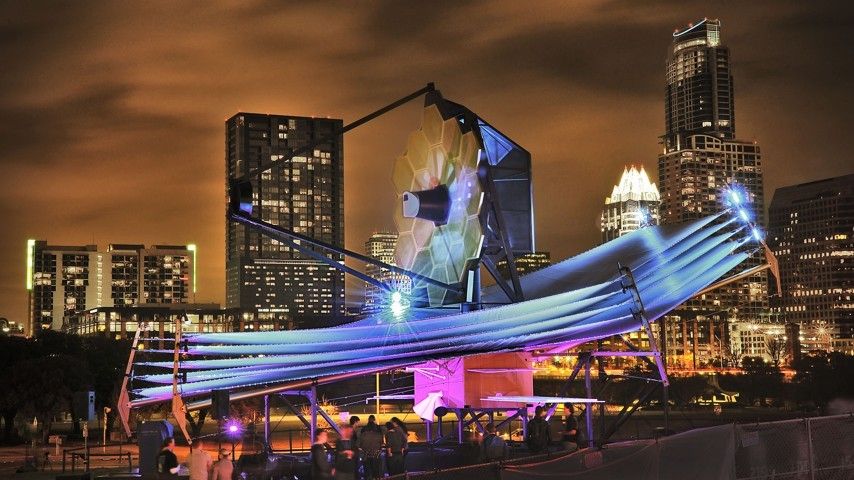
Inside a nondescript building at the Goddard Space Flight Center in Greenbelt, Maryland, NASA engineers are assembling the most powerful space telescope ever created. Once completed, the James Webb Space Telescope will be the largest space observatory in the known universe, with 100 times the seeing power of its predecessor, the Hubble Space Telescope.
In October 2018, the Webb will be launched into deep space with an ambitious mission. “Sometimes as analytical astronomers we shy away from saying, ‘We’re searching for life,’” says the deputy project scientist Dr. Amber Straughn. “But, that’s what we’re doing.” Atlantic senior editor Ross Andersen speaks with the NASA team seeking to answer some of our most fundamental questions: Where did we come from? Are there other life-sustaining planets out there? Are we alone in the universe?
Feb 20, 2016
Mystery of Consciousness Solved – Fully and Conclusively
Posted by Sean Cusack in category: neuroscience
Of course the title is outlandishly overreacting, but the article is interesting.
Millenniums old mystery of consciousness solved by explaining how, when and why does it emerge and how subconscious and unconscious thoughts and processes influence decisions and behaviour, besides explaining causal relations of consciousness to sensations, perceptions, thoughts, awareness, attention, pain, hunger, etc. including the ‘hard problem of consciousness’.
Feb 20, 2016
Reaching Mars in a few days? It’s possible, NASA video says
Posted by Sean Brazell in category: space travel
Yes.
A new video released by the space agency discusses the possibility of speeding up our missions to other worlds by harnessing the power of lasers.
Feb 20, 2016
Upcoming Technology to Pump Air in the Tyres
Posted by Shailesh Prasad in categories: innovation, transportation
If you ride a bike, motorbike, or drive an automobile, you know that from time to time you need to pump air into those tires, at least if you need to ensure an optimum ride, you do. It’s a known fact that we do get lazy and at times ignore. But there is a good news, especially for a cyclist, there could be a solution out there for you personally.
Benjamin Krempel has come up with an invention called Dubbed the PumpTube, the idea here is that the inner tube on your motorcycle’s tires will be able to self-pump, meaning that as you cycle, it’ll continuously pump air in your tires to ensure that it really never deflates and that it’ll be at the pressure that you have set.
